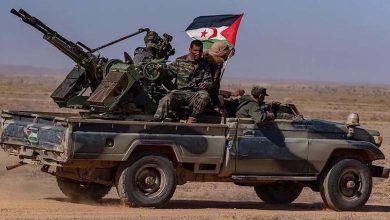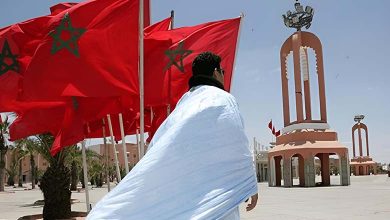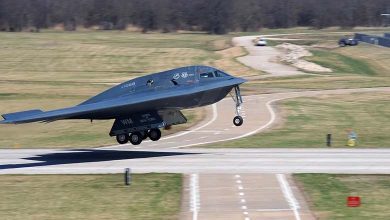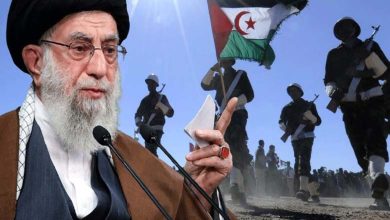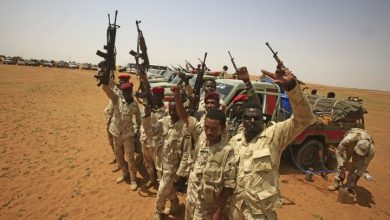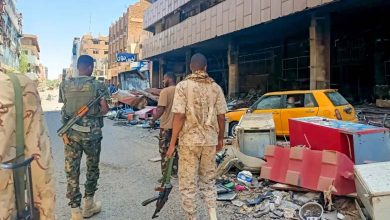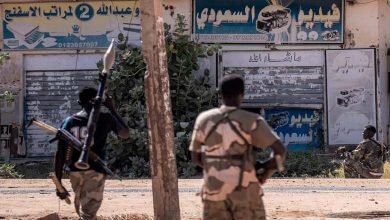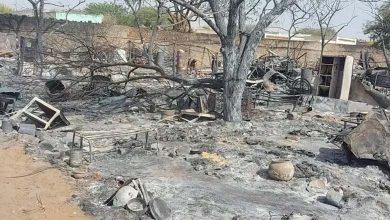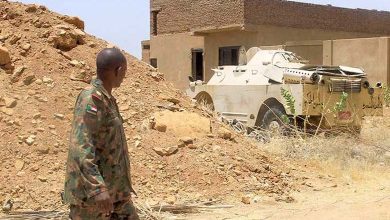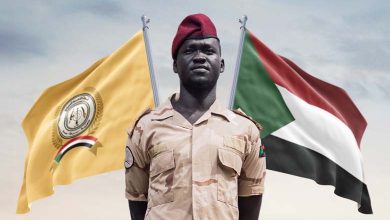Return of Sudanese-Iranian Relations Goes Beyond Military Support
Unofficial relations persisted between Sudan and Iran after the rift
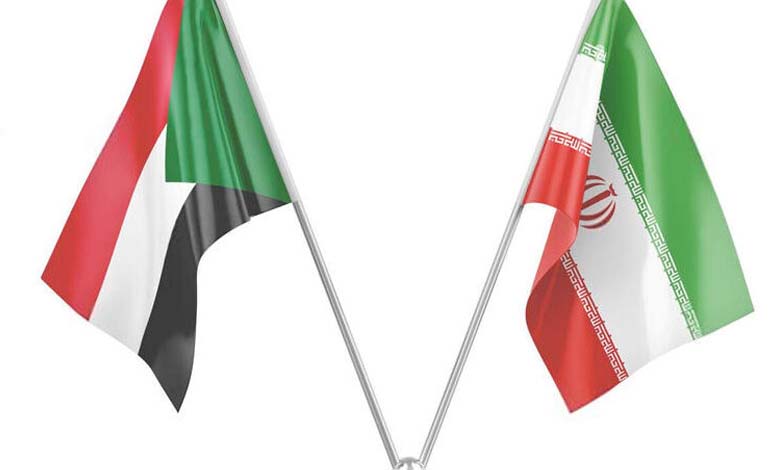
Iran’s return to Sudan after years of diplomatic estrangement adds a new player not only to the Sudanese coast overlooking the Red Sea but also to the internal political landscape of Sudan.
The Iranian issue goes beyond supporting the Sudanese army with “Mohajer” drones, which could alter the balance of military power in favor of the Forces for Declaration of Freedom and Change (FDFC), at the expense of the Rapid Support Forces, or establish a foothold on the western shore of the Red Sea to bolster its presence via its ally, the Houthis, on the eastern coast of Yemen, to investing in Sudan’s domestic affairs by expanding its allies’ margin.
There has always been a strong relationship between Tehran and the Islamic Movement in Sudan, led by the late Hassan al-Turabi and ousted President al-Bashir.
Although the relationship was publicly severed in 2016 due to the storming of the Saudi embassy in Tehran, unofficial ties persisted even during times of tension, with both sides remaining in contact.
After the resumption of diplomatic relations between Khartoum and Tehran months ago, media outlets reported that “Tehran received a promise from figures affiliated with the Islamic Movement to cooperate with it and facilitate extending its influence in the Red Sea, in exchange for providing generous military support to help it withstand in the war.”
“The Iranian East”… A New Popular Mobilization?
The stronghold of the Sudanese army in the east, the most receptive area to Iranian influence, as the presence of the Beja tribes and their support for the Islamic Movement and the army are among the main factors making Port Sudan a comfortable place and a good starting point for controlling the strategic port.
The head of the Supreme Council for “Nizarat Beja and Independent Columns,” Mohammed Al-Amin al-Turk, is a member of the National Congress Party and the Islamic Movement, and currently, he is one of the loyalists to the Sudanese army and General al-Burhan.
In addition to the Beja, there are military battalions affiliated with the army with an Islamic character, such as the “Special Action Forces” of the army, consisting of former intelligence personnel, and “The Thunderbolt” and Special Forces, active groups in the eastern and central regions, such as the states of Kassala and Khartoum.
Several battalions, such as the “Sudanese People’s Resistance in the Red Sea State,” share the advantage of combining military and political aspects, with the same Islamic inclinations.
The renewed relationship between Tehran and its old Sudanese allies, and the emergence of political and military factions seeking a supporter and sponsor, may pave the way for a common denominator among “new allies” in Sudan.
The goal is to establish a formation similar to the “Popular Mobilization” or “Friends” like the party in Lebanon, the Islamic Jihad in Palestine, Ansar Allah in Yemen, or the separatist Polisario militias.
The Sudanese army seeks to provoke the “Arabs”
As for the Sudanese army, relying on Iran and receiving military support from it may be a decision for specific leaders rather than a general trend among all military leadership. However, this does not harm the army whose primary goal is to win its battle against the “support forces” alone, except to disrupt the current balance on the fronts through support from Iranian drones. Nor does it harm to hint at this relationship to pressure Washington and some Arab countries to provoke them into providing the Sudanese army with the support it needs.
The recent Iranian involvement may not cause a dramatic turnaround in the field facts, but it will certainly whet the appetite of other countries to support counter-groups, adding complexity to the Sudanese scene.


